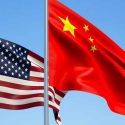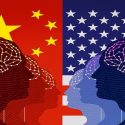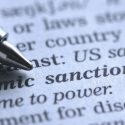Proposed Legislation Would Restrict Foreign Participation in Academic Research
The “Protect Our Universities Act of 2019” is a a bill “to create a task force within the Department of Education to address the threat of foreign government influence and threats to academic research integrity on college campuses, and for other purposes." Among other things, the Bill would restrict foreign student participation in federally funded academic research deemed "sensitive" to national security.








